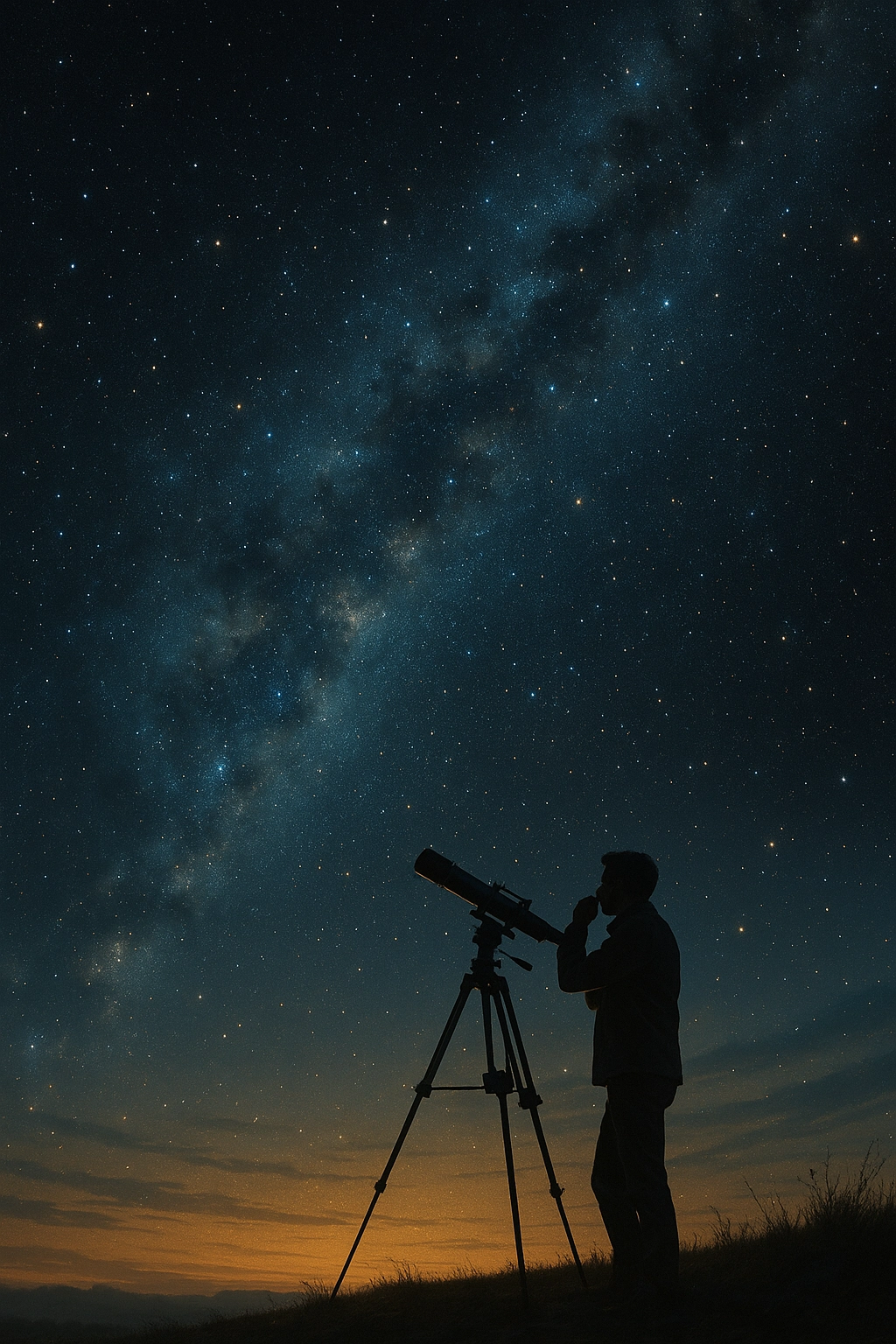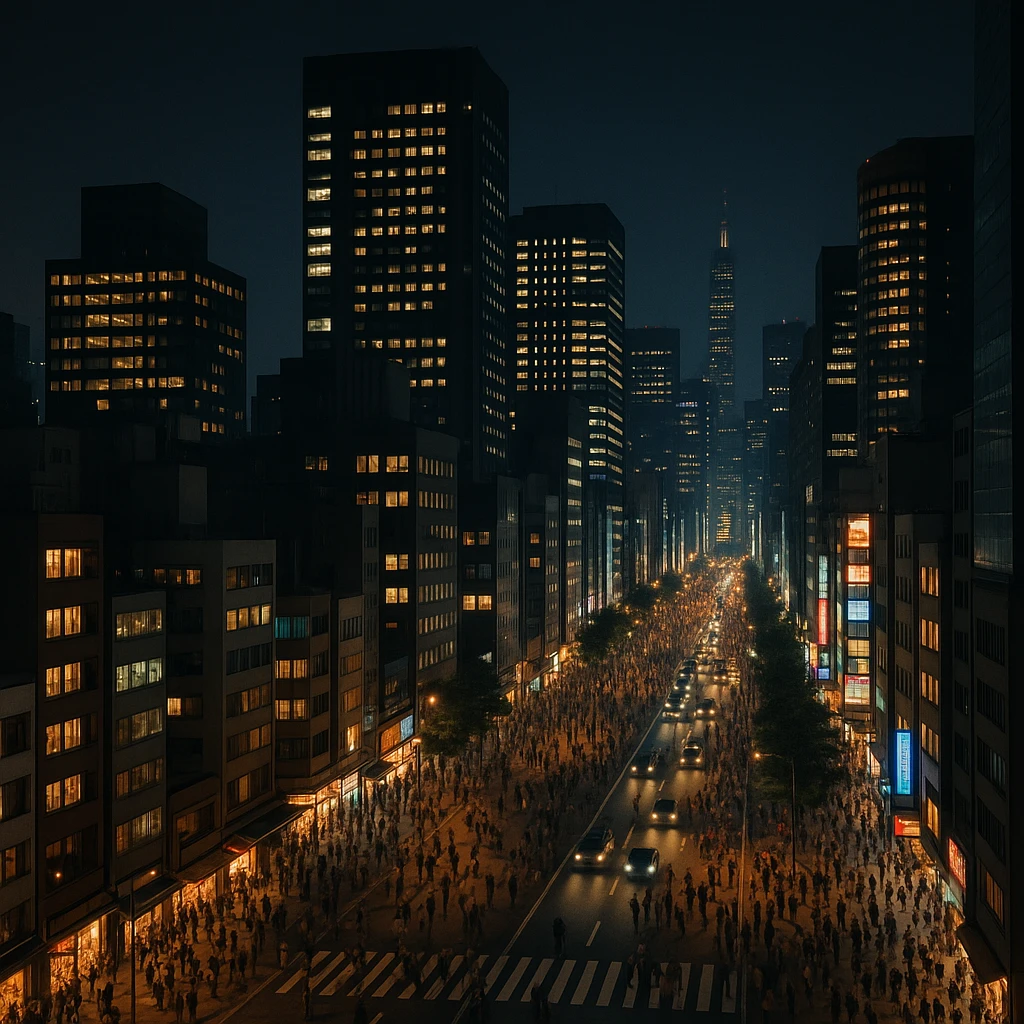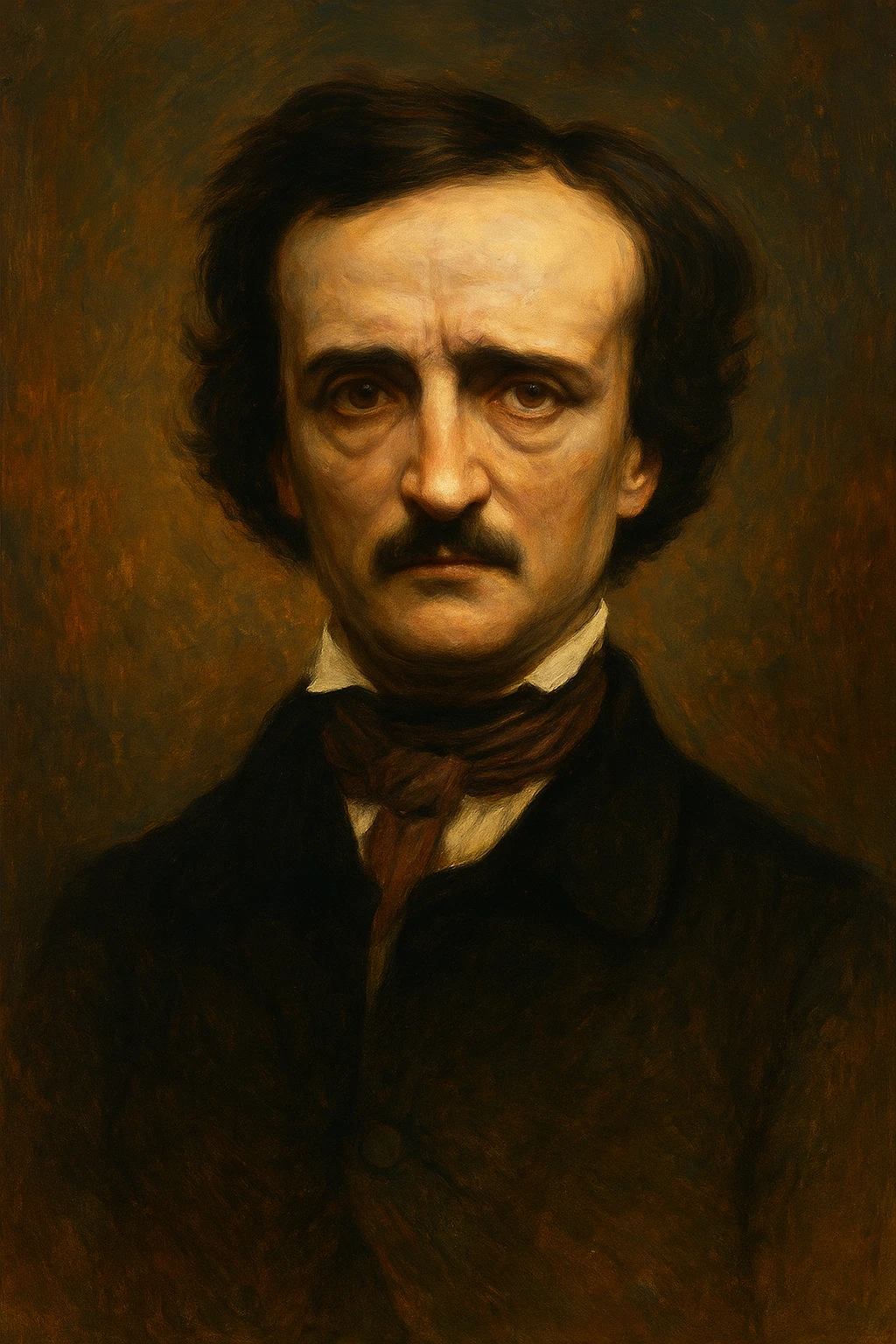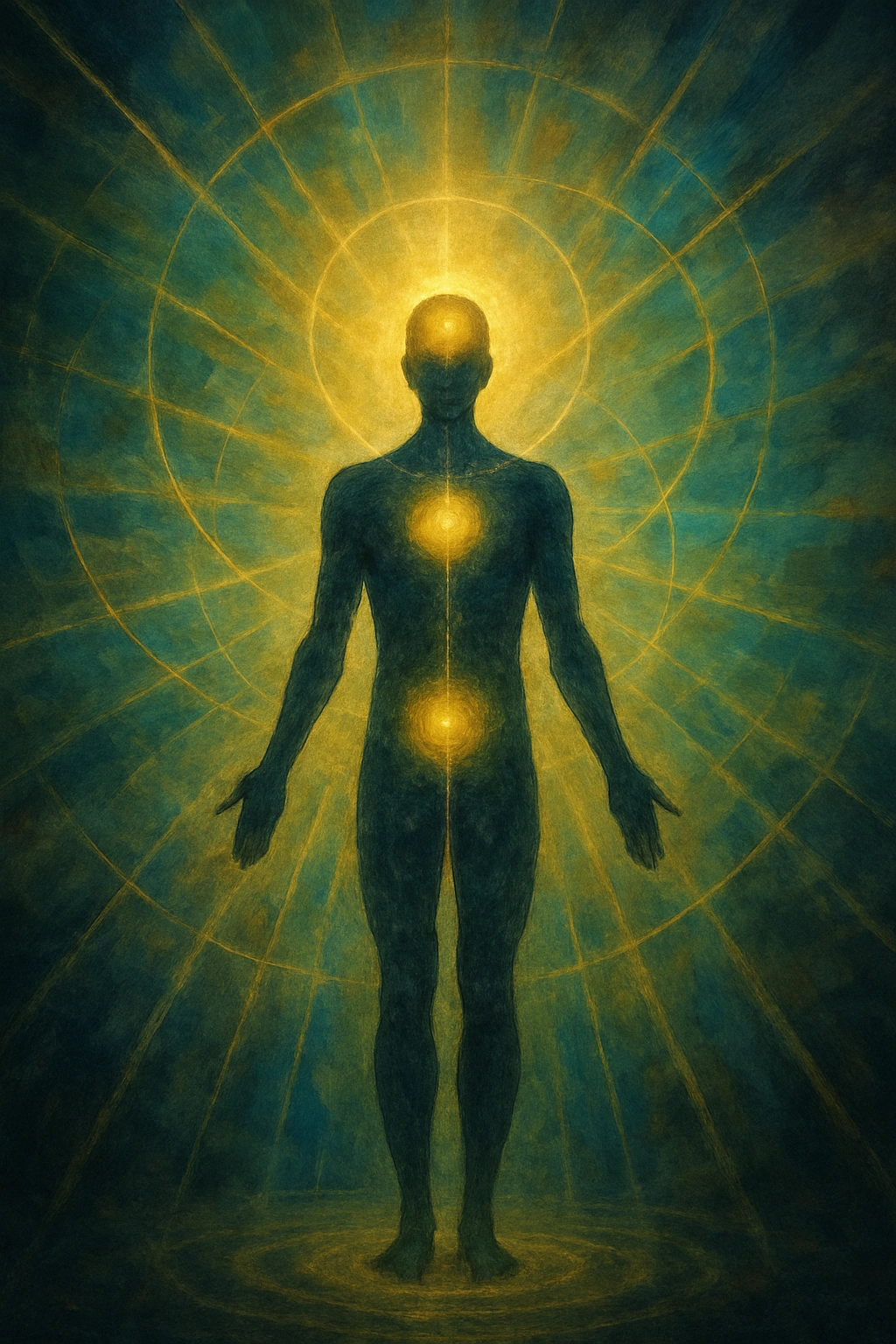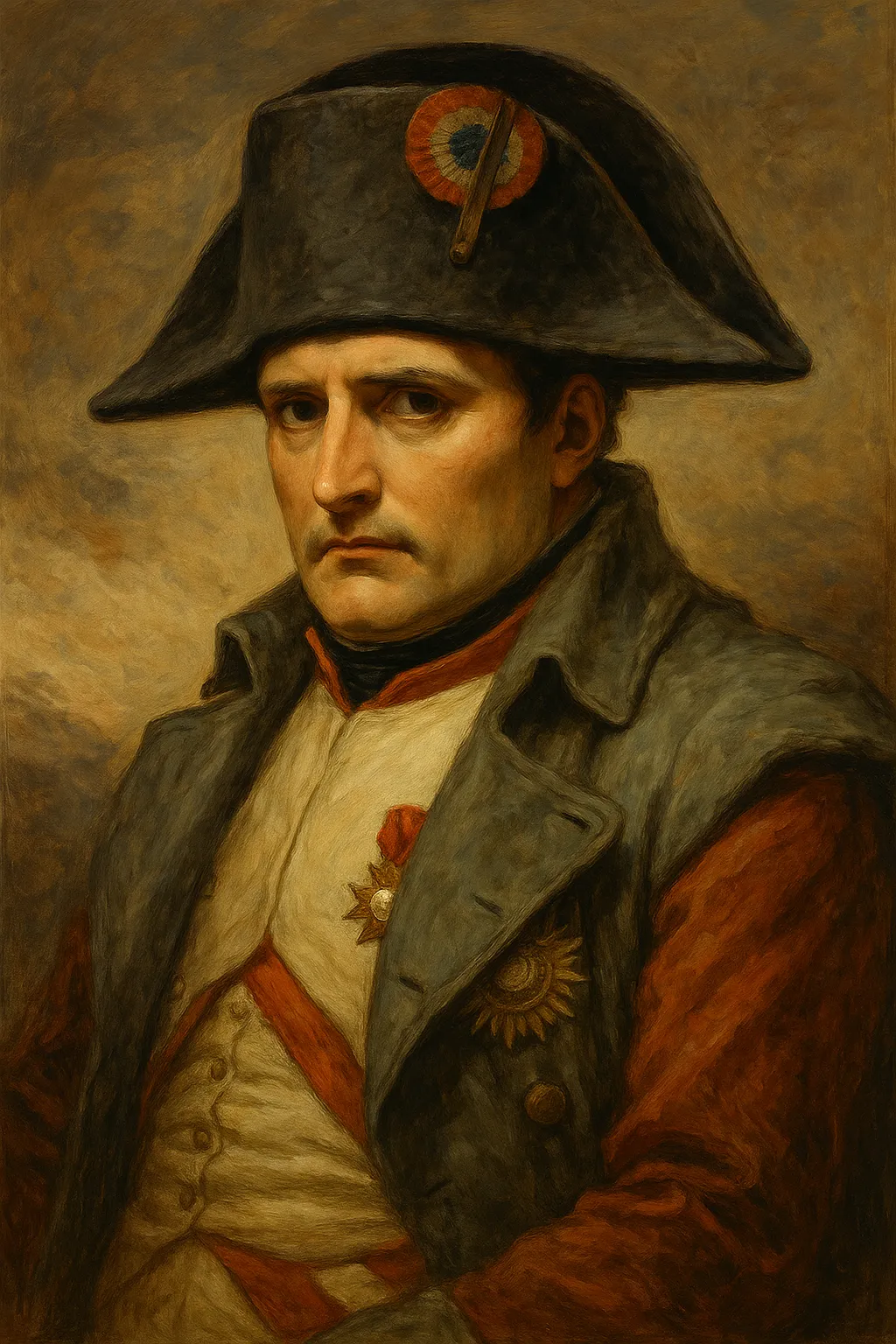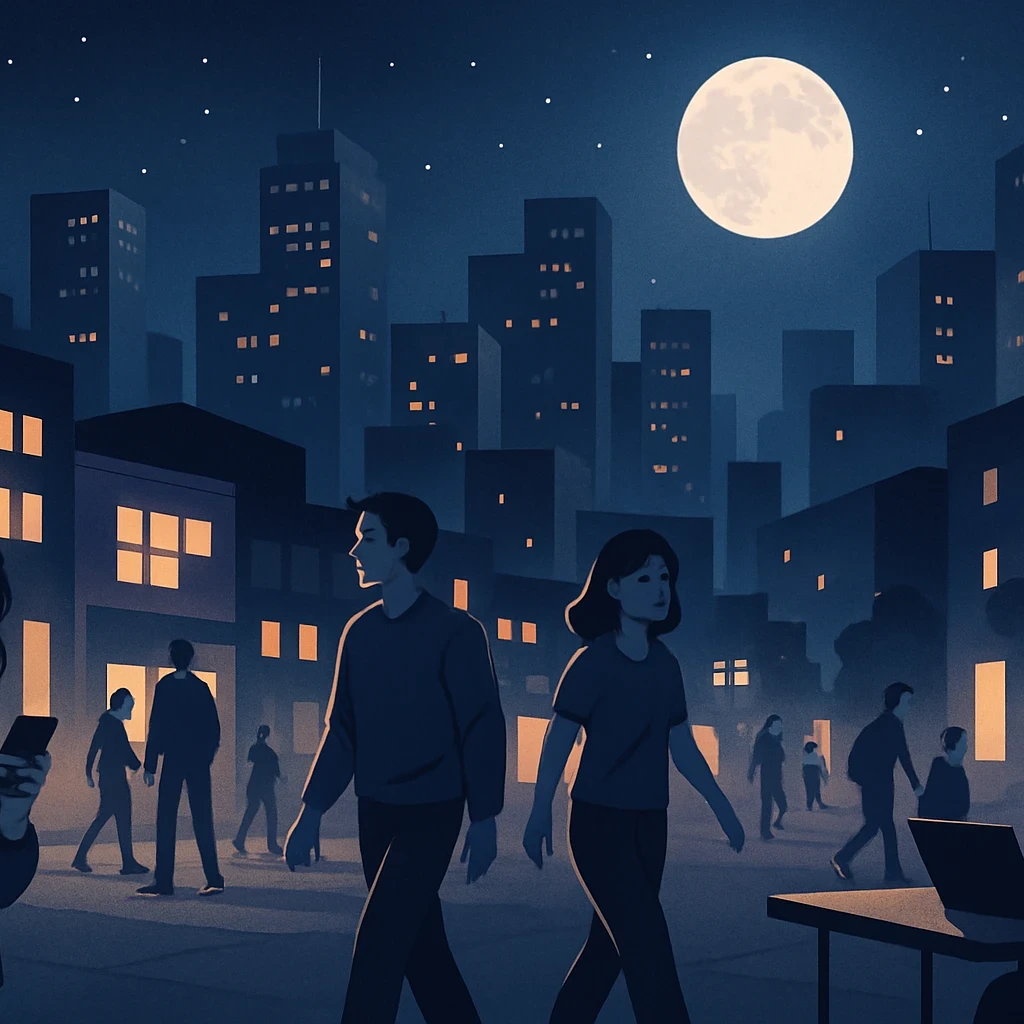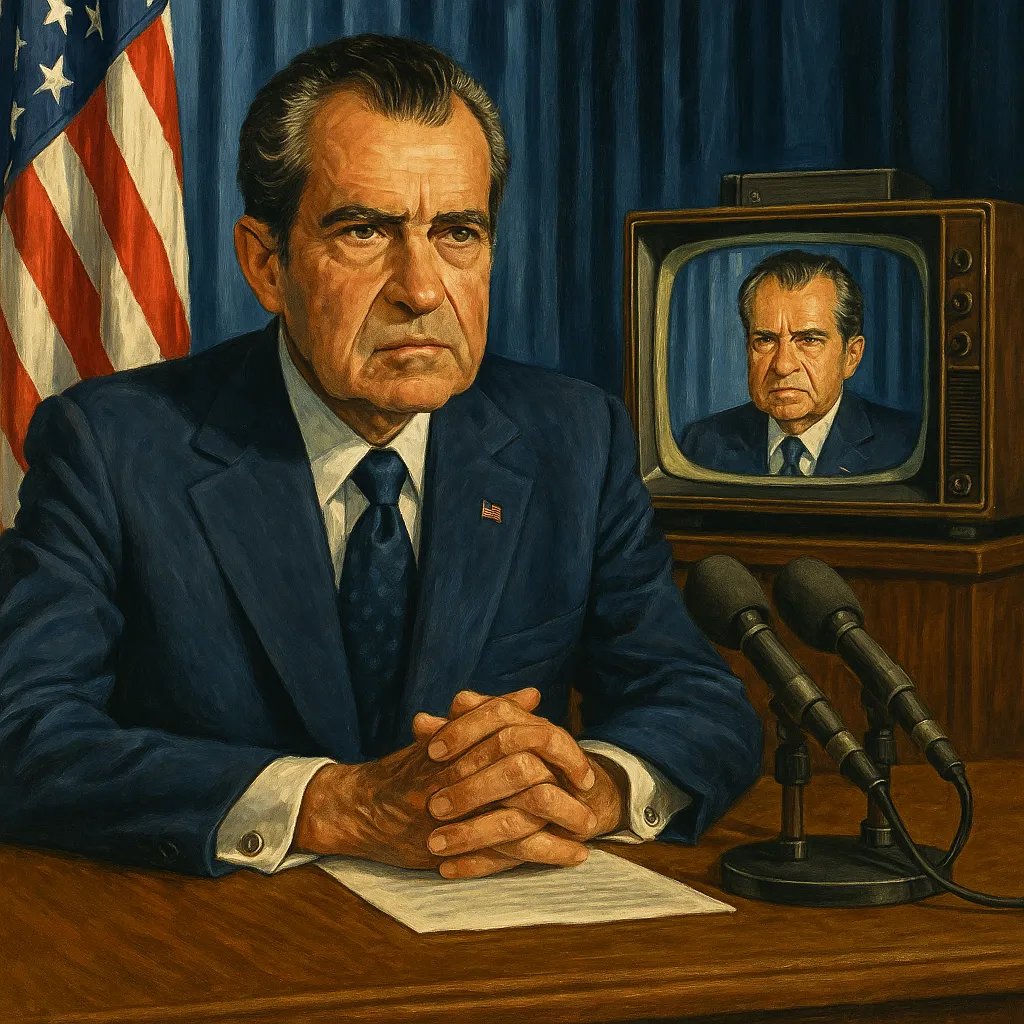Strange and Notable Laws Around the World
Airline Complaints
In the United States, airlines are not legally required to compensate passengers for delays or cancellations. However, European Union Regulation EC 261 mandates reimbursement under certain conditions. Some legal services and travel insurance companies advertise assistance with airline compensation claims.Blue Laws
Blue laws prohibit certain activities on Sundays, often based on religious tradition. These laws vary widely between jurisdictions, banning everything from alcohol sales to car purchases. Online retailers and delivery services often highlight 24/7 availability in contrast to these restrictions.Cursing
In Australia and several U.S. states, public profanity can result in a fine or even jail time. Legal websites, personal rights guides, and conduct-focused mobile apps sometimes promote knowledge of such local ordinances.Driving
In San Salvador drunk drivers are punished by death before a firing squad.
Global Penalties
Some countries impose harsh penalties, including prison or corporal punishment, for offenses like drunk or reckless driving. In contrast, others focus on fines or driver education programs.
Legal Rights
In many countries, drivers have specific rights when pulled over or charged. These may include the right to remain silent, legal counsel, and protection from unlawful searches.
Defense Strategies
Defense lawyers may contest charges through procedural errors, faulty equipment, or chemical test inaccuracies. Law firms often advertise their specialization in traffic-related legal defense.
Rehabilitation Programs
DUI offenders are sometimes required to attend rehabilitation, install ignition interlock devices, or complete community service. These programs are often promoted by health and safety agencies.Foreign Laws
Tourists can unknowingly violate local laws abroad, such as chewing gum in Singapore or photographing government buildings in certain countries. Travel insurance, international legal guides, and embassy advisories often promote awareness of these differences.Freedom of Speech
U.S. Protections
The First Amendment protects speech, assembly, and protest. However, there are limits around defamation, incitement, and national security. Civil rights groups use these principles in advocacy.
Global Restrictions
In countries like China, Russia, and Iran, criticism of the government can lead to imprisonment. Media freedom watchdogs track these violations and support journalists abroad.
Online Platforms
Social media platforms often remove content for hate speech or misinformation, sparking debates on censorship. Tech companies and free speech advocates differ on content moderation policies.
Academic Speech
Universities balance free inquiry with policies around harassment and safe spaces. Some legal think tanks and student rights groups explore these tensions in higher education.
Legal Cases
Historic court rulings shape modern interpretations. Advertisers in this space include law schools, policy institutes, and platforms promoting civil education and legal literacy.Hand Gestures
Certain hand signs are considered obscene or illegal in some countries. For example, the middle finger may be punishable in parts of the Middle East. Cultural sensitivity apps and travel etiquette blogs often address these nuances.Jaywalking
In some jurisdictions, crossing the street outside a crosswalk or against a signal is a ticketable offense. Fines and penalties vary globally. Urban planning advocates and local legal guides often address jaywalking enforcement.Littering
Many countries impose fines for littering, with stricter laws in urban and tourist-heavy areas. Environmental campaigns and public service ads often emphasize cleanliness and civic responsibility.Loitering
Loitering laws target individuals lingering in public spaces without clear purpose. These laws are sometimes criticized for subjective enforcement. Legal aid sites and civil liberty groups often address their application.Marriage Laws
Minimum age requirements, documentation, and recognition of foreign marriages vary worldwide. Immigration lawyers, destination wedding planners, and government registries all highlight these legal nuances in advertising.Noise Ordinance
Excessive noise can lead to fines, particularly during nighttime hours in residential areas. Soundproofing product companies and home improvement services often advertise in connection with noise-related complaints.Parking
Illegal parking is a common infraction, with enforcement relying on tickets, fines, and towing. Mobile apps offering meter payments or violation alerts often market to urban drivers.Public Displays
Acts like kissing or holding hands can be deemed illegal in certain conservative cultures. Awareness campaigns and expat-focused legal services highlight what behavior is appropriate in public spaces abroad.Sedition
Sedition laws criminalize speech or actions intended to incite rebellion against the state. These laws exist in many nations, though critics argue they suppress dissent. News outlets and legal watchdogs track their use.Smoking Bans
Many countries have expanded no-smoking zones to include restaurants, public transport, and parks. Vape shops and nicotine replacement therapy providers often advertise where tobacco restrictions are strict.Surveillance
Data Collection
Governments and private firms track user behavior through cookies, cameras, and AI systems. Mass data retention is common in both democratic and authoritarian regimes.
Legal Protections
Privacy laws vary greatly. The EU's GDPR enforces strict limits on personal data use, while the U.S. follows a more sectoral approach. Legal websites and compliance tools promote awareness.
Consumer Tools
VPNs, ad blockers, and secure messaging apps allow users to shield their online activity. Tech blogs and privacy companies often advertise these tools as safeguards.
Controversies
Programs like facial recognition in public spaces and biometric scanning raise civil liberty concerns. These topics are often highlighted in digital rights campaigns.
Employer Monitoring
Many workplaces monitor employee devices, emails, and time tracking. Remote work has increased use of surveillance software, which also draws criticism from labor rights groups.Trespassing
Trespassing involves entering private property without permission. In some regions, it is treated as a minor infraction, while in others it carries severe penalties. Home security and legal aid services often use this issue in targeted marketing.Unusual Laws
Strange legal relics persist, like bans on whistling in Canada after 11 p.m. or walking backward after sunset in parts of the U.S. Legal trivia books and novelty content sites often highlight these curiosities.






